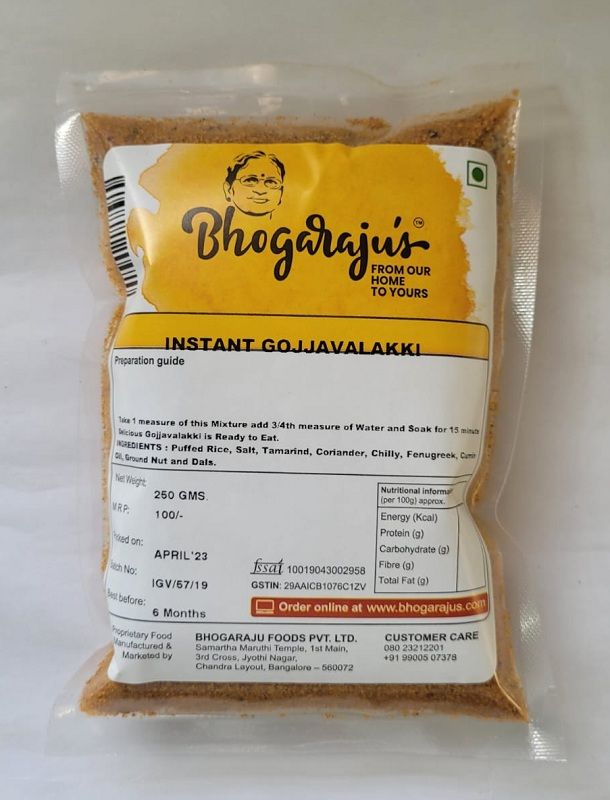Food Industry Startups: Disruptive ideas and emerging companies in the food sector.
Laserbook247, Yolo247 Sign Up:
The food industry is a vast and dynamic sector that plays a crucial role in the global economy. With an ever-growing population and changing consumer preferences, food companies are constantly striving to meet the demand for diverse and innovative products. From farm to fork, the industry encompasses a wide range of activities including farming, processing, packaging, distribution, and retail.
Competition within the food industry is fierce, with companies vying for market share and consumer attention. In addition to meeting regulatory requirements, food businesses must also navigate challenges such as fluctuations in raw material prices, sustainability concerns, and changing consumer trends. The industry is also heavily influenced by factors such as globalization, technological advancements, and shifting dietary preferences.
• The food industry encompasses activities from farming to retail
• Companies in the food industry face competition for market share and consumer attention
• Challenges include fluctuating raw material prices, sustainability concerns, and changing consumer trends
• Globalization, technological advancements, and shifting dietary preferences heavily influence the industry
Challenges Faced by Traditional Food Companies
Traditional food companies face a myriad of challenges in today’s rapidly evolving landscape. One of the primary obstacles is the increasing consumer demand for healthier, more sustainable options. With the rise of health-conscious consumers, traditional companies are pressured to adapt by reformulating products to meet changing preferences. Additionally, they are faced with the challenge of maintaining cost competitiveness while investing in sustainable sourcing and production practices to meet consumer expectations.
Another major challenge is the growing competition from innovative food startups and disruptors in the industry. These newcomers often bring fresh ideas, agility, and a deep understanding of changing consumer trends, posing a threat to the established market players. Traditional food companies must find ways to stay relevant and innovative in order to compete with these dynamic new entrants. Failure to adapt and embrace change could result in losing market share and ultimately being left behind in a rapidly evolving industry.
Innovative Technologies Revolutionizing the Food Sector
Advancements in technology have significantly transformed the landscape of the food industry in recent years. From farm to fork, new innovations are revolutionizing how food is produced, distributed, and consumed. One notable technology making waves in the sector is blockchain, a decentralized system that increases transparency and traceability in the supply chain, ensuring food safety and authenticity.
Furthermore, the rise of artificial intelligence (AI) and machine learning has enabled food companies to improve their operations and efficiency. AI-powered tools can analyze vast amounts of data to predict consumer preferences, optimize production processes, and enhance personalized food experiences. By harnessing the power of these cutting-edge technologies, the food sector is poised to meet the demands of an evolving market while driving sustainability and competitiveness.
What are some of the innovative technologies revolutionizing the food sector?
Some of the innovative technologies revolutionizing the food sector include artificial intelligence, blockchain, Internet of Things (IoT), and robotics.
How are traditional food companies being impacted by these technologies?
Traditional food companies are facing challenges in terms of competition, operational efficiency, and meeting consumer demands due to the rapid advancements in technology.
How can traditional food companies adapt to these changes?
Traditional food companies can adapt to these changes by investing in technology, collaborating with startups, and embracing digital transformation in their operations.
What are some benefits of incorporating innovative technologies in the food sector?
Some benefits of incorporating innovative technologies in the food sector include improved traceability, increased efficiency in supply chain management, enhanced product quality, and personalized customer experiences.
Are there any risks associated with implementing innovative technologies in the food sector?
Yes, there are risks such as data security concerns, potential job displacement due to automation, and the need for continuous training to keep up with technological advancements.







